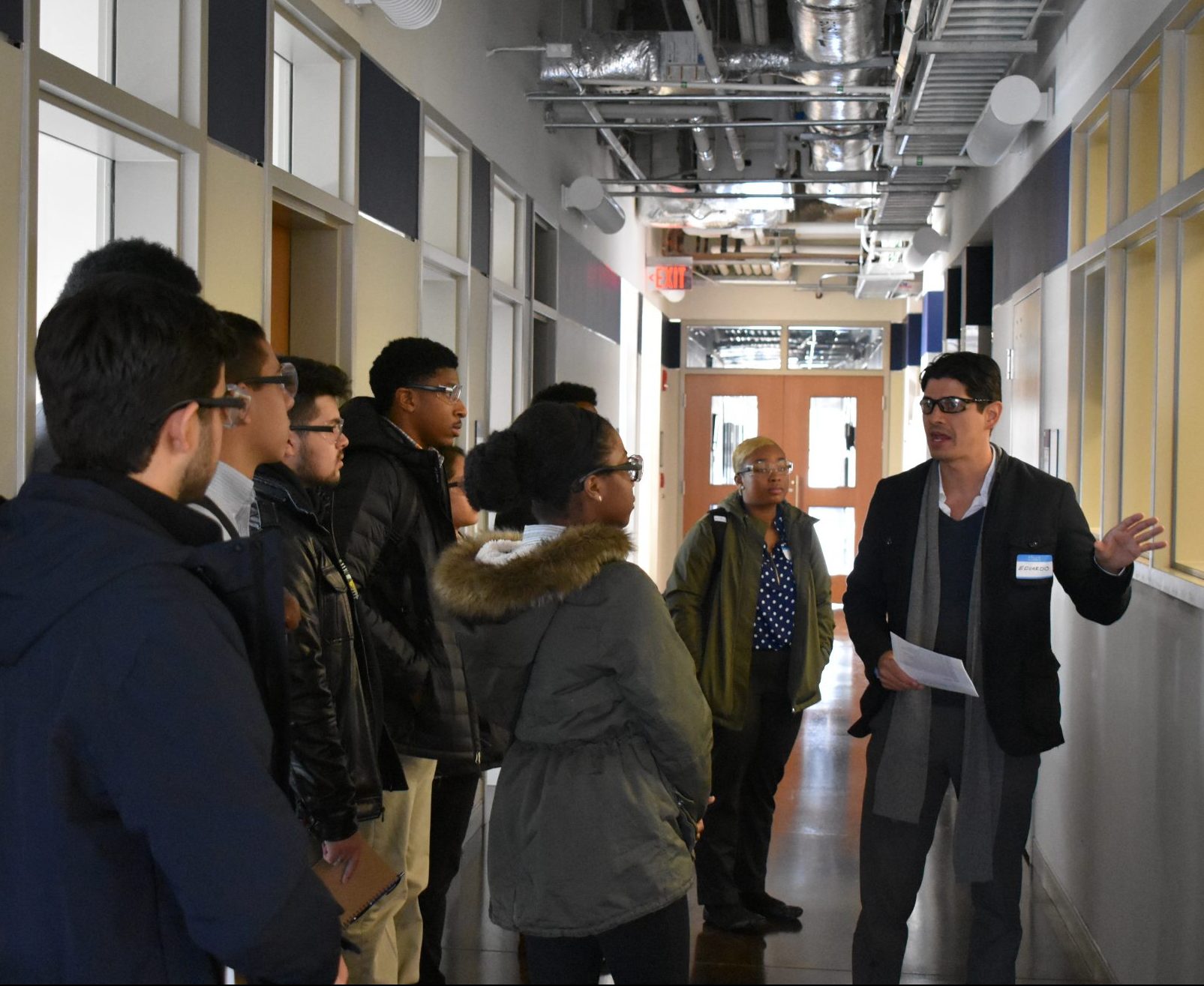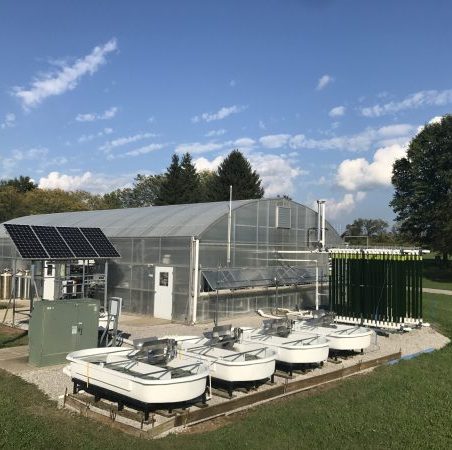BIOFUELS & ENVIRONMENTAL CATALYSIS
Reducing the environmental impacts of fuel use and developing renewable fuel sources.
SCROLL FOR MORE ↓
Biofuels & Environmental Catalysis
Reducing the environmental impacts of fuel use and developing renewable fuel sources.
Environmental Catalysis
Developing novel catalytic technology to reduce emissions of harmful air pollutants, and promote a new sustainable industrial chemistry.
Experiential Education
Offering research opportunities and mentoring to students in order to train the next generation of scientists, engineers, and technologists.
Biofuel Development
Analyzing various forms of biomass as a feedstock for the production of biofuels and platform chemicals. Exploring new processes for converting bio/waste oils into renewable fuels.
Algae Research
Investigating algae based carbon dioxide utilization and exploring ways to produce biofuels, bioplastics, and high value chemicals more sustainably.
Active Projects

Environmental Catalysis
Reducing Harmful Emissions
in Automotive Engines
in Automotive Engines
Traditional automotive engines rely on a device known as a three-way catalytic converter to control harmful exhaust emissions. Unfortunately, the existing technology to support these devices fails to function efficiently at low temperatures, such as when the engine is starting up. Our environmental catalysis teams are working hard to develop advanced automotive catalytic technologies, engineered to effectively reduce harmful combustion emissions at ambient temperatures.

Experiential Education
Broadening Participation in Engineering
We recognize the importance of developing a diverse and well-prepared engineering workforce. We’ve implemented a research center-based mentoring program to improve the engineering interests, preparation, connections, experiences, and opportunities among underrepresented groups.

Algae Research
Beneficial Re-use of Carbon Emissions from Coal-Fired Power Plants Using Microalgae
The University of Kentucky (UK) Research Foundation is developing a cost-effective process to convert carbon dioxide (CO2) from coal-fired power plants to value-added biological-based products such as bioplastics, chemicals, and fuels using microalgae in a dual photobioreactor (PBR)/pond cultivation system.

